High Insulin Levels in Diabetes Increase Risk of Pancreatic Cancer
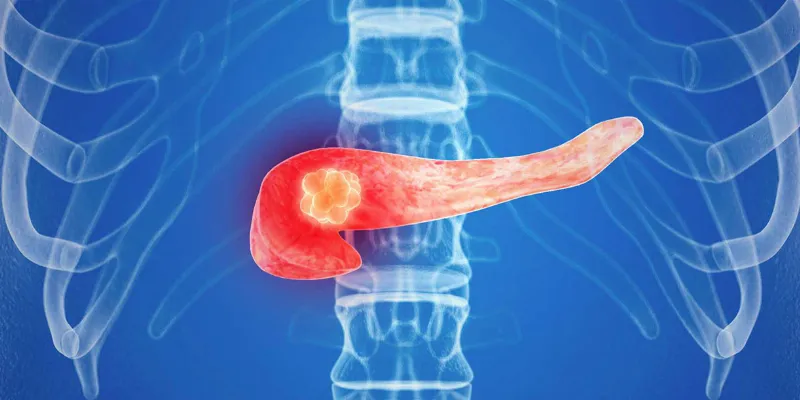
1 November 2023
Researchers at the University of British Columbia have discovered a direct link between high insulin levels and an increased risk of pancreatic cancer. This research is the first comprehensive explanation for this link, emphasizing the significance of maintaining healthy insulin levels through diet, exercise, and medication.
The study, published in Cell Metabolism, reveals that excessive insulin overstimulates pancreatic cells, leading to inflammation and the development of precancerous cells. Specifically, when insulin levels surge, they overstimulate pancreatic acinar cells, which are responsible for producing digestive juices. This excessive stimulation results in inflammation, turning these cells into precancerous entities.
While there was a known link between obesity, type 2 diabetes, and pancreatic cancer, the underlying cause remained elusive until this study. The new findings further highlight the role of insulin in the functioning of pancreatic acinar cells, which produce digestive enzymes to break down fatty foods. Yet, when insulin levels are too high, it inadvertently encourages pancreatic inflammation and the emergence of precancerous cells.
Co-senior author Dr. James Johnson, a professor at UBC, underscored the alarming rise in pancreatic cancer rates alongside increasing obesity and type 2 diabetes cases.
“Alongside the rapid increase in both obesity and type 2 diabetes, we’re seeing an alarming rise in pancreatic cancer rates. These findings help us understand how this is happening, and highlights the importance of keeping insulin levels within a healthy range, which can be accomplished with diet, exercise and in some cases medications.”
The study centered on pancreatic ductal adenocarcinoma (PDAC), the most common type of pancreatic cancer, which is notably aggressive with a 5-year survival rate of less than 10 percent.
Dr. Janel Kopp, another senior author and assistant professor at UBC, expressed hope that these revelations would modify clinical practices, promoting lifestyle changes to reduce pancreatic cancer risk.
“This research could also pave the way for targeted therapies that modulate insulin receptors to prevent or slow the progression of pancreatic cancer.”
Collaborating with BC Cancer and the Pancreas Centre BC, the research team has initiated a clinical trial aiming to assist PDAC-diagnosed patients in controlling their blood sugar and insulin levels.
Furthermore, this research suggests potential implications for other cancers linked to obesity and type 2 diabetes. Dr. Johnson mentioned that similar ties between insulin and breast cancer were discovered by researchers in Toronto. He expressed hope for future studies to ascertain whether excess insulin might contribute to other cancers spurred by obesity and diabetes.
Abstract of the research
Hyperinsulinemia acts via acinar insulin receptors to initiate pancreatic cancer by increasing digestive enzyme production and inflammation
Summary: The rising pancreatic cancer incidence due to obesity and type 2 diabetes is closely tied to hyperinsulinemia, an independent cancer risk factor. Previous studies demonstrated reducing insulin production suppressed pancreatic intraepithelial neoplasia (PanIN) pre-cancerous lesions in Kras-mutant mice. However, the pathophysiological and molecular mechanisms remained unknown, and in particular it was unclear whether hyperinsulinemia affected PanIN precursor cells directly or indirectly. Here, we demonstrate that insulin receptors (Insr) in KrasG12D-expressing pancreatic acinar cells are dispensable for glucose homeostasis but necessary for hyperinsulinemia-driven PanIN formation in the context of diet-induced hyperinsulinemia and obesity. Mechanistically, this was attributed to amplified digestive enzyme protein translation, triggering of local inflammation, and PanIN metaplasia in vivo. In vitro, insulin dose-dependently increased acinar-to-ductal metaplasia formation in a trypsin- and Insr-dependent manner. Collectively, our data shed light on the mechanisms connecting obesity-driven hyperinsulinemia and pancreatic cancer development.
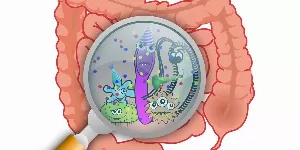





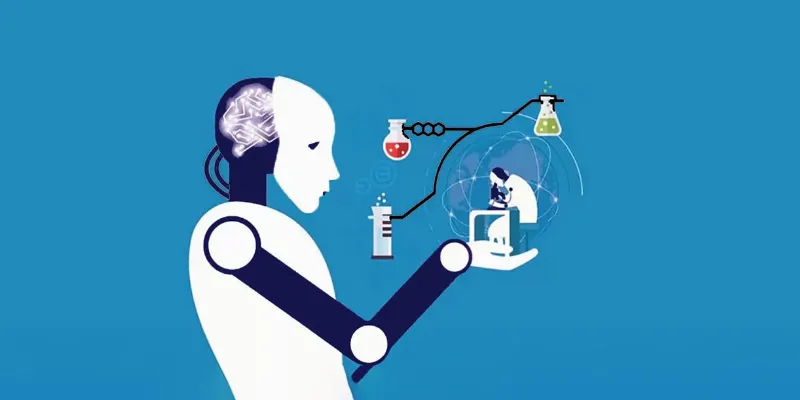
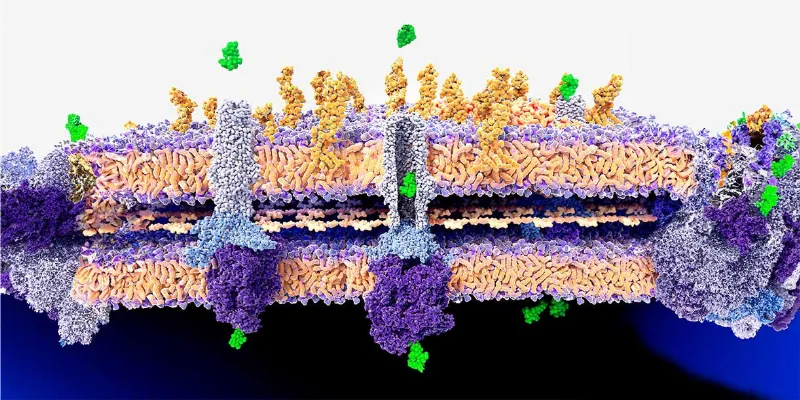
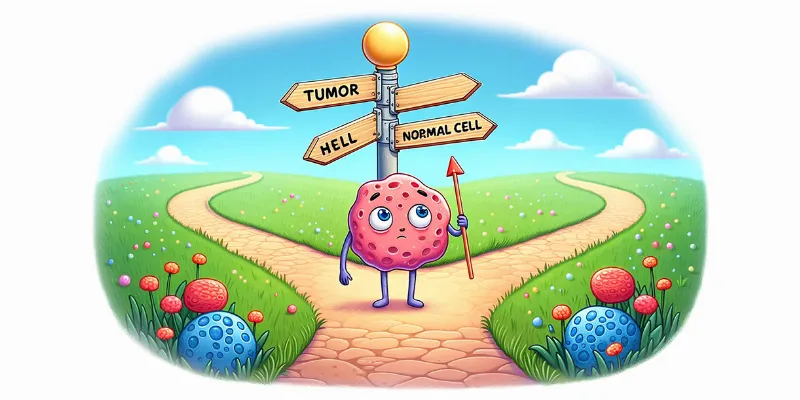

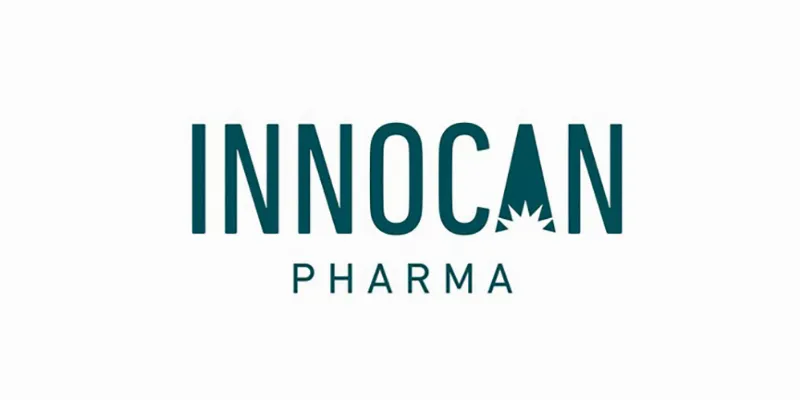
Comments
No Comments Yet!